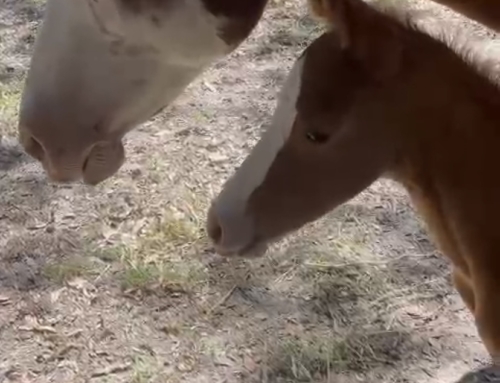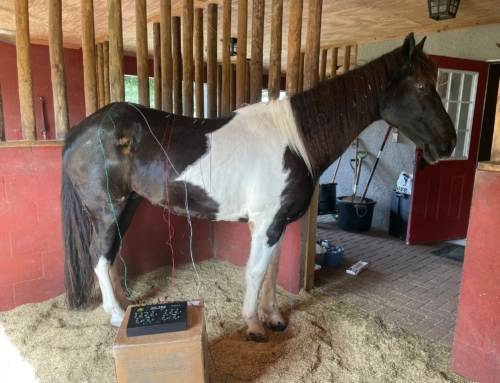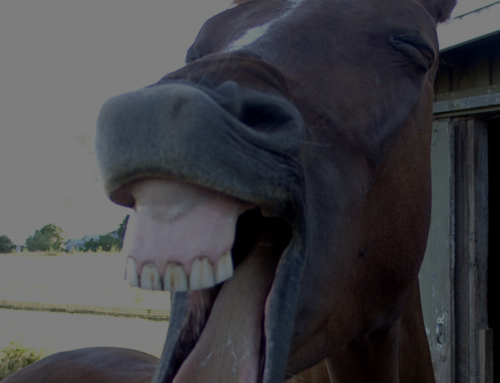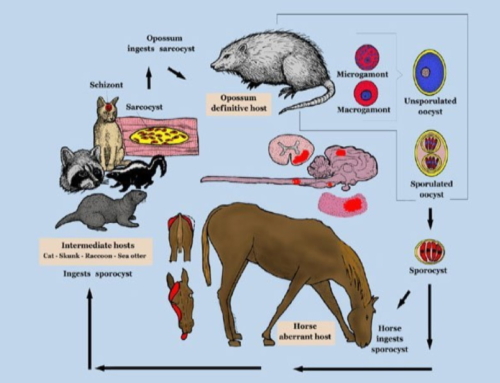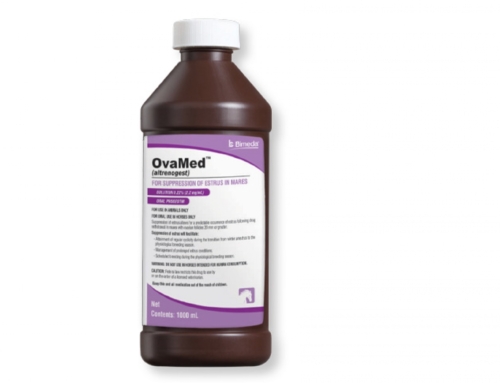Five Elements Theory in Traditional Chinese Veterinary Medicine
Have you ever wondered why a training method works for your friend’s horse but not at all for yours? Or why your new dog exhibits a crazy behavior you never saw in your other dogs? Traditional Chinese Veterinary Medicine (TCVM) recognizes that animals and people have five major personality traits which influence how we relate to each other and the world around us. By trying to understand the fears and motivations of the five different personality types, we can be much more successful in influencing our pets (and our friends) behavior with much less stress to each party. Very rarely is any pet or person a single personality type. We tend to behave differently in different situations, but most of us have a default personality trait when under stress. By identifying the element of a pet’s personality, the owner and veterinarian can address possible imbalances a pet may be prone to, and making lifestyle and training choices to keep the animal’s health balance. In TCVM, the five basic personality types are Wood, Fire, Earth, Metal and Water. In this article we will outline the personality traits of these elements as well as issues/diseases they are prone to. Once you have an understanding of these personality traits and the elements, it is fun to try to identify the personality element of your pet, your spouse, friends and co-workers!
Wood Element
“The General”
Associated organ: Liver/Gallbladder
In TCVM the Liver is in charge of tendons and ligaments, and bosses the other organs around. The Wood element opens to the eyes. Wood horses make great competition horses. Physically Wood horses have great musculature, self-confidence and an air of purpose. Wood horses are very competitive. The negative side of this is when a wood horse is prevented from doing what they want, he can become angry, frustrated, or even aggressive.
Common personality traits: dominant behavior, enjoys being first, speedy, impatient, bossy, competitive, quick to anger when challenged, very responsive to stimuli, adapts to change quickly. These pets tend to be athletic, muscular and competitive. These animal require moderate to heavy exercise and like to have a “job” to stay happy.
Prone to: hypertension, stroke, allergy, depression, hysteria, neurosis, eye problems and athletic injury- especially tendons and ligaments.
Food: tend to have blood deficiency so blood tonics- beef, rabbit and chicken, as well as carrots, celery, broccoli and spinach.
Fire Element
“The Emperor”
Associated organ: Heart
In TCVM the Heart is considered to be the ruler of general mental state. Fire horses are usually very eye catching, and tend to be finer or more delicate than a Wood or Water horse. They love attention, and they are often friendly to people and other horses. They are playful and love to be with others. Fire horses like to show off and have an audience, so disciplines where they are the center of attention are ideal.
Common personality traits: high energy, easily excited, extroverted, enjoys physical contact, loves to be center of the party, difficult to calm down, social butterfly. Providing a calm environment with regular exercise is important. It is important to keep these animals on an exercise regimen as they are poor to self-restraint and are prone to overexerting themselves.
Prone to: heart disease, restlessness, heat stroke, sudden death, general and separation anxiety.
Food: beef, turkey, white fish, rabbit and duck. Cucumber, celery and asparagus are also good tonics for the Heart element.
Earth Element
“Feeds Others”
Dominant organ: Spleen/Stomach
In TCVM the Spleen is in charge of the overall digestive process, muscle formation, general strength and holding muscles/organs in place. Earth animals tend to be the easiest to train as they are sweet natured and very food motivated. Earth horses are safe, grounded, reliable and dependable. Earth horses like to be comfortable, and working too hard is not appreciated. This lack of physical exertion makes them good horses for leisure and novice riders, or good broodmares.
Common personality traits: nurturing, dependable, supportive and loyal. Likes to take care of others. Slower to respond to stimuli, but easy going and kind.
Prone to: worry, gastrointestinal upset, edema, colic, diarrhea and obesity.
Food: rumen, lamb, chicken, ginger, garlic, sweet potato
Metal Element
“The Prime Minister”
Associated Organ: Lung/Large Intestine
In TCVM the Lung’s function is to move water throughout the body, and to acquire and distribute cosmic Qi (oxygen). Metal element personalities like a regime and order. Training should be regular, routine and scheduled. Metal horses are associated with strength and accuracy. Metal horses are often very polite, and see biting, kicking or extreme behaviors as “breaking the rules.”
Personality Traits: aloof, dignified, good vision, confident, leader, neat, excellent self control, prefers predictable schedule, good hair coat, organized.
Prone to: nasal congestion, frequent colds, cough, skin issues and constipation.
Food: the lung and large intestine are prone to dryness. As result, pets should eat moistening foods like duck or greens. During heating or cooling seasons, consider adding water to the animal’s food or using a humidifier.
Water Element
“Water Manager”
Associated Organ: Kidney/Bladder
In TCVM, the Kidneys govern water, fight or flight, bones, sex organs, hormones and the essence of life. It is important to start training Water element personalities at an early age to help them overcome stressful new situations and to introduce them to as many people and environments as possible. If you make an effort to increase Water pet’s self-confidence, their personality will bloom. These animals tend to respond best to positive reinforcement training as punishment can worsen the animal’s anxiety and make the behavior worse (ie fear biting or kicking). Water horses flow; they have good bone structure with easy flowing, effortless movement. Water horses take a long time to gain trust in their owner, and if they are rushed/pushed in a situation, he will run- both physically and mentally.
Common personality traits: loving with their own family, but suspicious of strange people/sounds/places/smells, cautious, introverted, quiet, noise sensitive, may panic or bite, may hide or leak urine when approached.
Prone to: lower back and hip pain, infertility, edema, depression, urinary infections, deafness/ear problems or panic attacks.
Food: aim to keep kidneys cool and moist. Beans, peas, sweet potatoes, spinach, beets and celery. Proteins- rabbit, eggs, dairy or white fish.
More information available on Dr. Kurtz’s Five Elements Theory in TCVM video.


